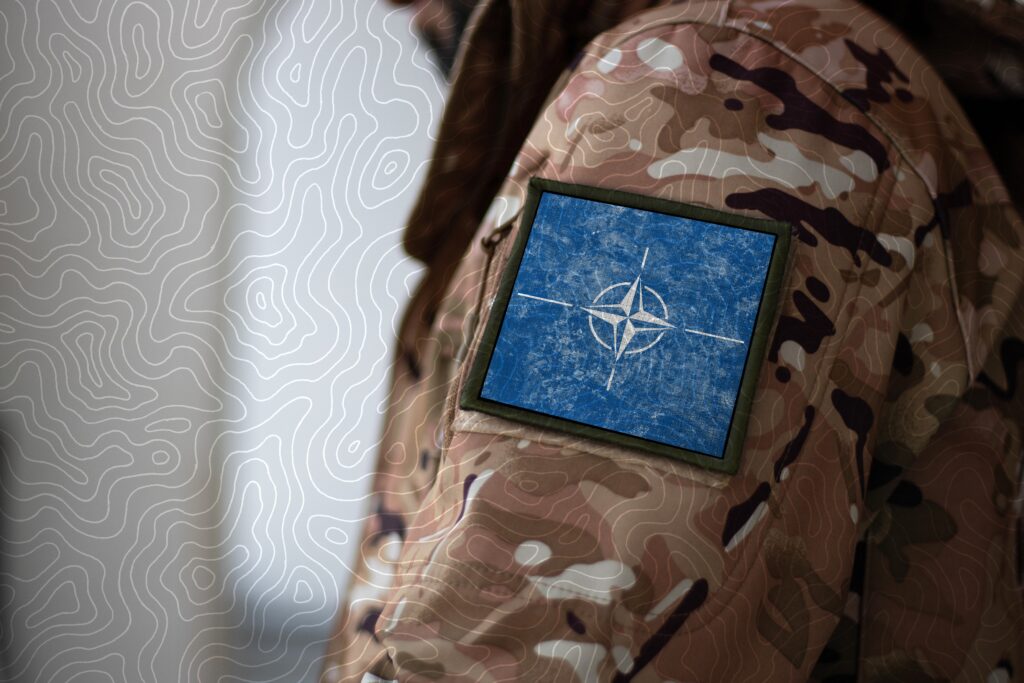German Chancellor Olaf Scholz rebuffs US President-elect Donald Trump’s demand for higher NATO spending, sticking to the 2% target.
Scholz Opposes Trump’s Five Percent Proposal
At the start of his election campaign in Bielefeld, Scholz addressed the controversy surrounding NATO defence spending. Trump recently called on European NATO members to raise their defence budgets to five percent of GDP, sparking widespread criticism.
Scholz dismissed this idea, saying such an increase would be unaffordable for Germany. “Five percent would exceed €200 billion annually, which is nearly half of our federal budget,” Scholz stated. He added that achieving such a target would require either significant tax hikes or drastic cuts to essential services.
The chancellor reaffirmed Germany’s commitment to NATO’s existing two percent GDP defence target. “We will continue to fulfill our two percent obligation,” he said, urging critics to explain how additional funds would be sourced.
Opposition Pushes for More Defence Spending
Germany’s conservative opposition, led by Friedrich Merz of the CDU, has made increased defence spending a campaign priority. Merz, while critical of Scholz, avoided endorsing a specific target. “The percentage is less important than ensuring our defence capabilities,” Merz said in an interview.
Despite the CDU’s leading position in the polls, public sentiment seems lukewarm on increased military spending, potentially complicating their campaign message.
German Elections: Campaigns Intensify
Scholz’s event in Bielefeld marked the start of his election campaign, during which he plans over 30 public appearances ahead of the February 23 election. The event was briefly interrupted by protesters criticizing Israel’s actions in Gaza, but they were swiftly removed.
The CDU, led by Merz, leads the polls with around 30 percent. The far-right AfD follows with 20 percent under Alice Weidel, though no other party is willing to form a coalition with them. Scholz’s SPD trails at 14-17 percent, following the collapse of his coalition government in November after firing FDP leader Christian Lindner.
As the election nears, defence spending and coalition prospects remain key issues shaping the political landscape.


